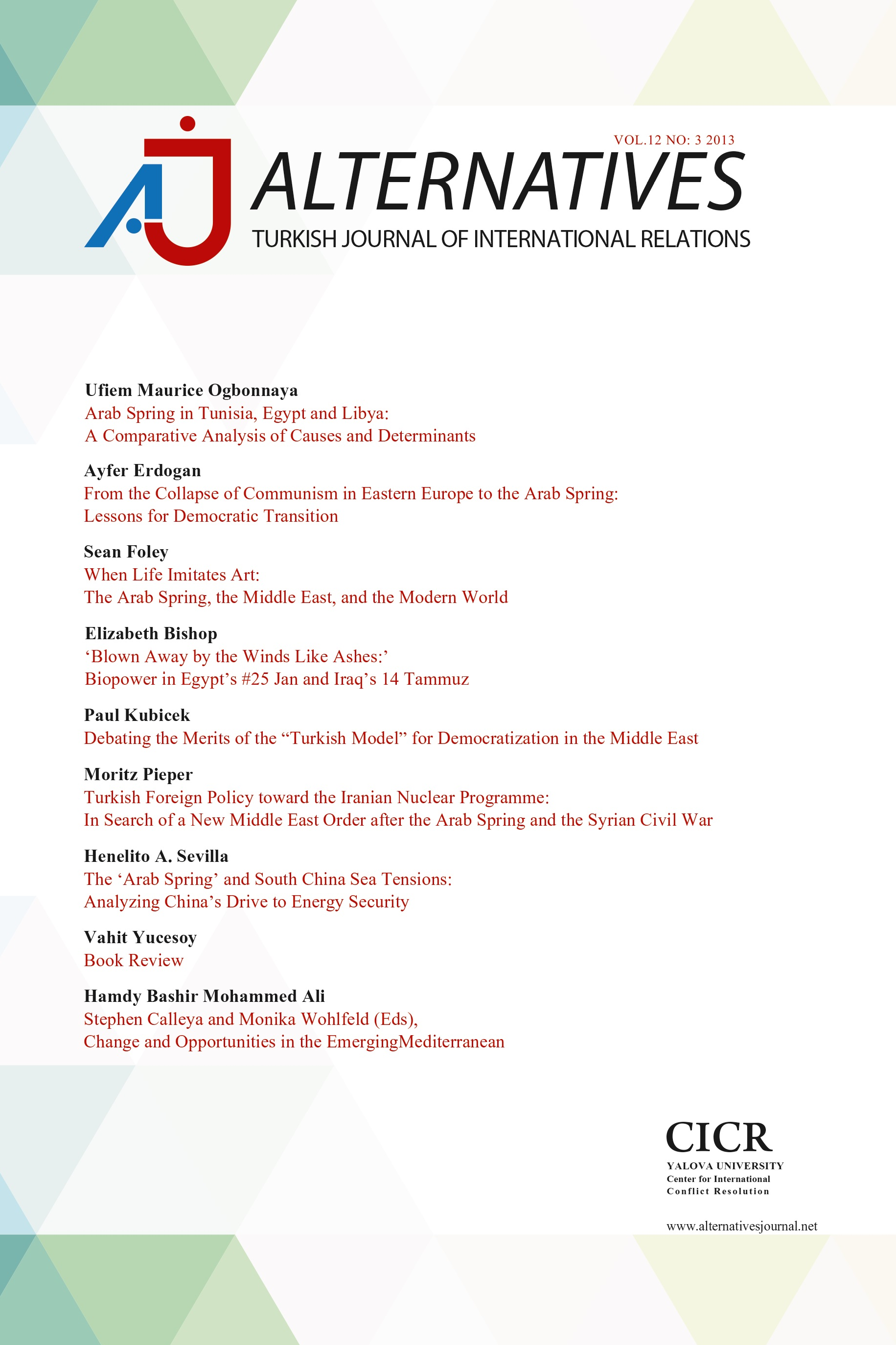The Liberian Truth and Reconciliation Commission: Reconciling or Re-dividing Liberia?
After 14 years of civil war and violence followed by the momentous and rather unusualelections of 2005, in which a woman defeated a footballer for the presidency, Liberia has seenover six years of state reconstruction and relative peace. Two recent announcements have,however, served as a warning to the extent of progress. The most recent is President EllenJohnson-Sirleaf’s declaration that she will, despite previous statements to the contrary, stand forre-election in 2011 due to shortcomings in progress. The announcement preceding Johnson-Sirleaf’s was made in the form of the report of the Liberian Truth and ReconciliationCommission (TRC). It recommended that Johnson-Sirleaf, and indeed many others accused ofinvolvement in the war, should be barred from public office for the next 30 years, and still moreshould stand trial on charges of war crimes. Four important questions arise. First, what was themandate and findings of the TRC? Second, how has Liberia and the wider internationalcommunity reacted to the final report? Third, has the TRC fulfilled its mandate and contributedto a process of reconciliation? Finally, and in a much broader sense, where does the TRC standrelative to the much wider liberal peace model?Key words: Liberia, truth, reconciliation, peacebuilding
Keywords:
-,
- ISSN: 2146-0809
- Yayın Aralığı: Aylık
- Yayıncı: Yalova Üniversitesi
